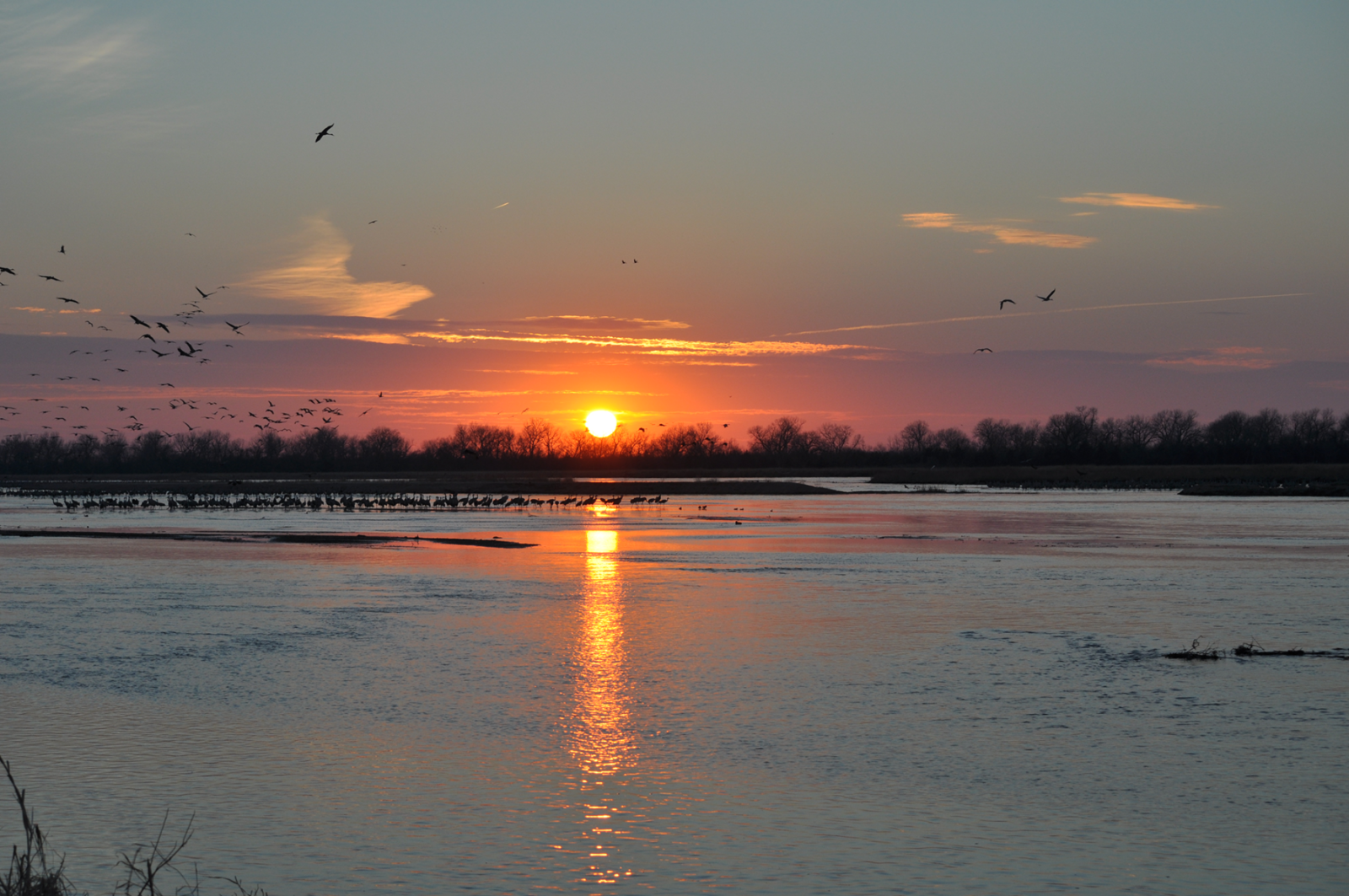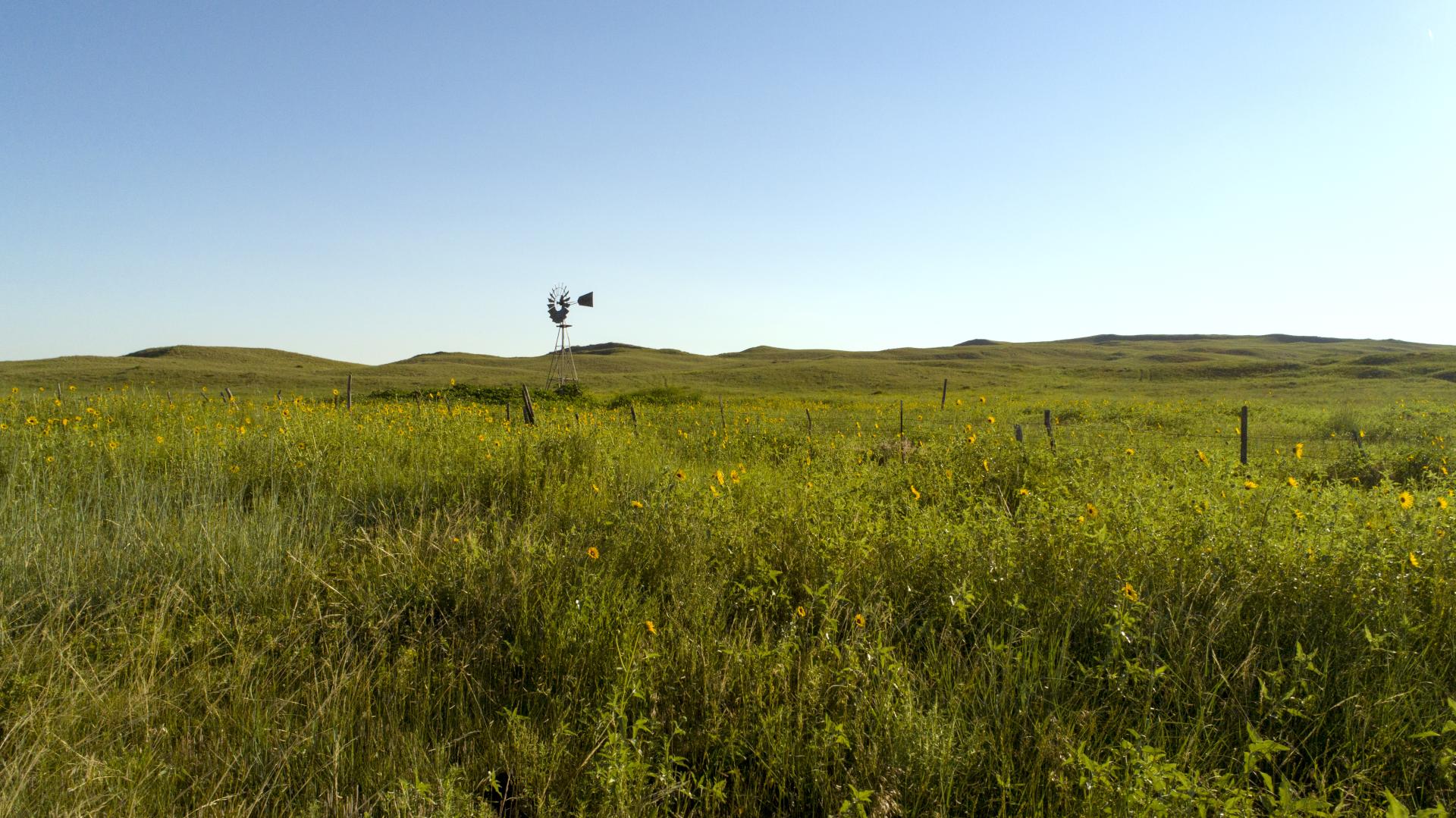
About Resilience
Resilience captures a system’s ability to cope with disturbances and remain self-organized around the same structures, processes and functions. Resilience addresses the ability of a system to bounceback following a disturbance, but also addresses tipping points, thresholds that exist that when exceeded cause a system to collapse. These two aspects of resilience are termed engineering resilience - how quickly a system returns to a stable state after a disturbance, and ecological resilience – how much disturbance can be absorbed before a system collapses.
Learn More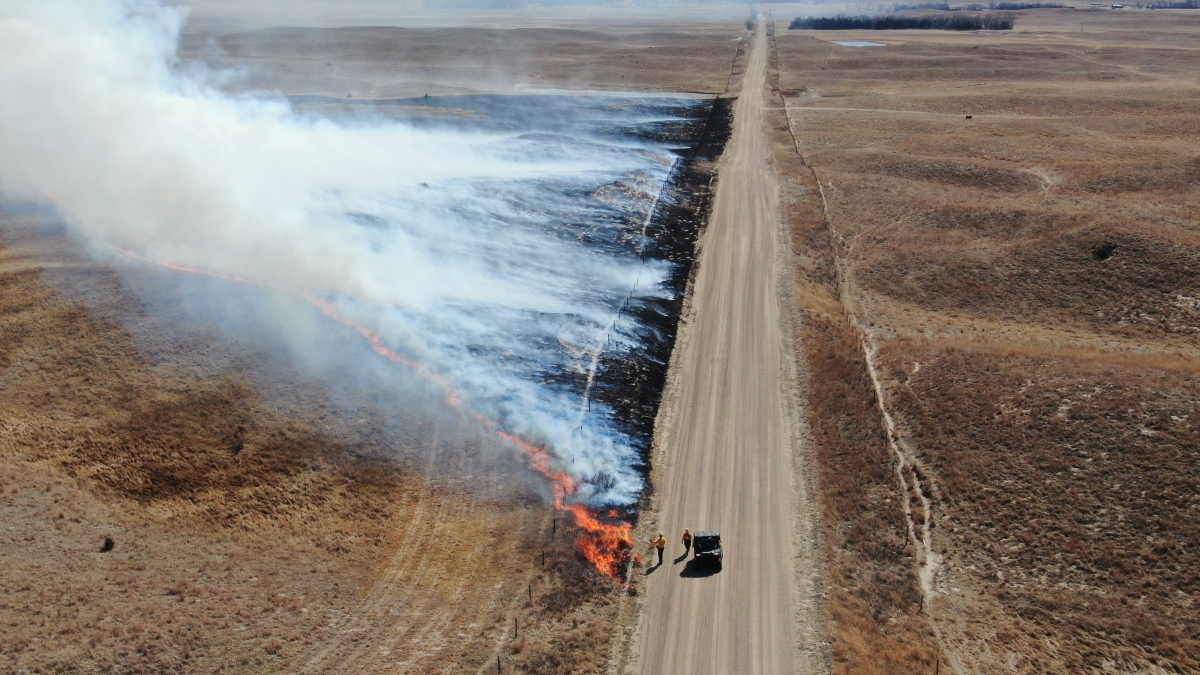
Resilience in Complex Adaptive Systems
Resilience science has emerged as a way to frame, understand, and analyze systems that are complex adaptive systems (CAS). Since virtually all systems of interest to humans are CAS, resilience has spread widely from its ecological origins. Resilience science accounts for critical features of complex adaptive systems, including that they are multi-scaled and hierarchical, nonlinear, self-organized and adaptive, contain inherent and irreducible uncertainty, are nonstationary, generate emergent phenomena, and are shaped by feedbacks across system scales.
Learn More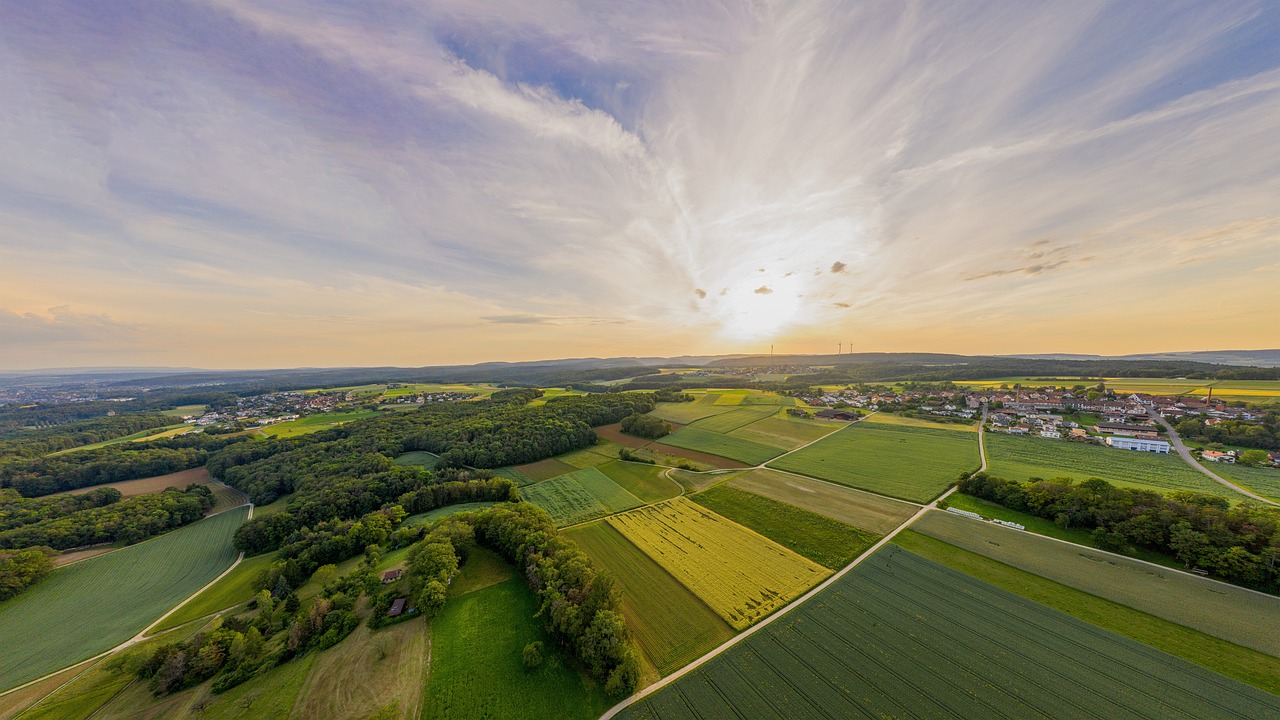
Mechanisms of Resilience
Resilience is an emergent phenomenon of complex adaptive systems and is grounded in a suite of mechanisms that shape system resilience. Some of these mechanisms are adaptive capacity, diversity (or heterogeneity), cross-scale resilience, and system memory.
Learn More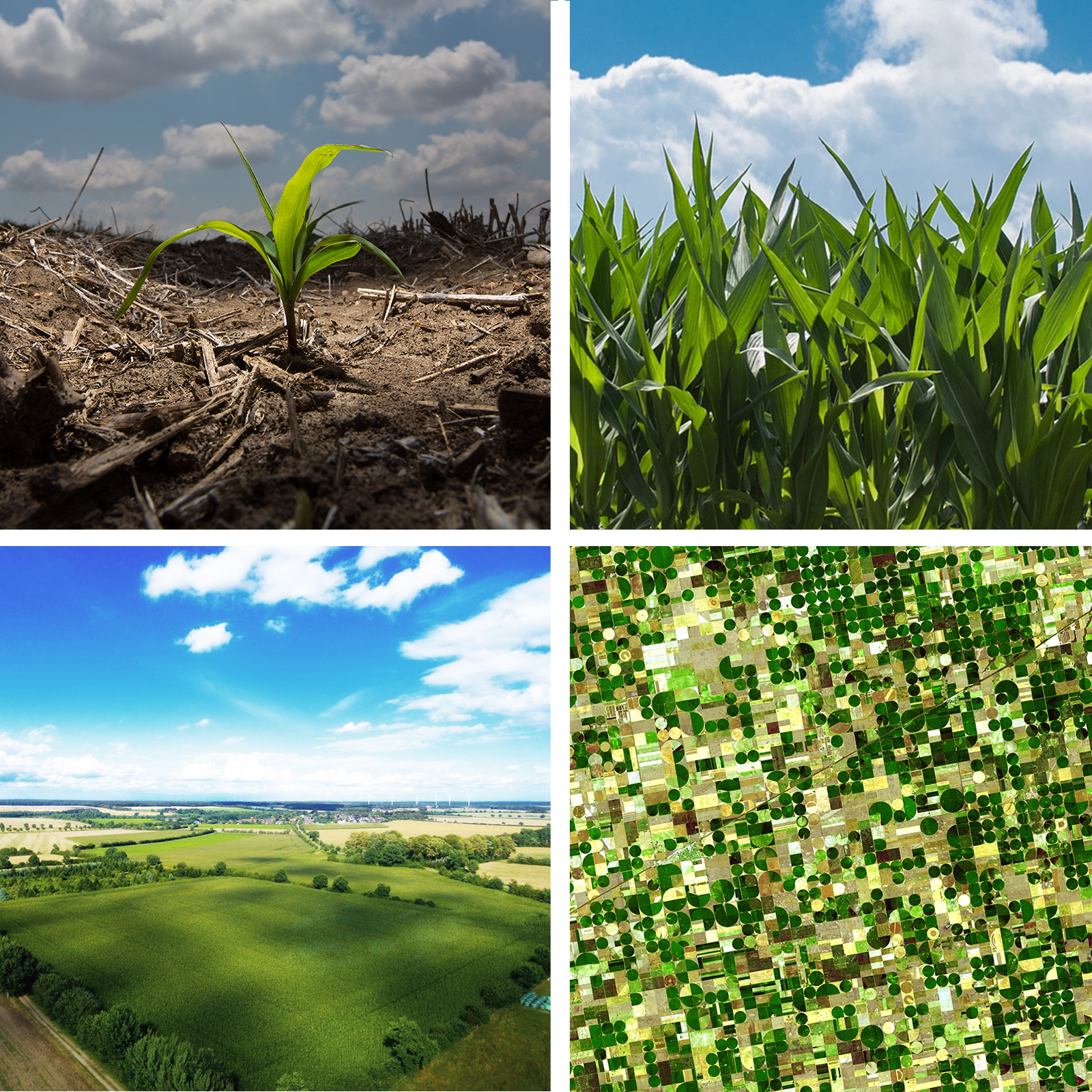
NIARR's Resilience Themes
NIARR’s focus within resilience science is on heterogeneity and scale as integral to the emergence of resilience, and on a better understanding of threshold behavior in agroecosoystems, and when exceeding a threshold can lead to a regime shift.
Learn More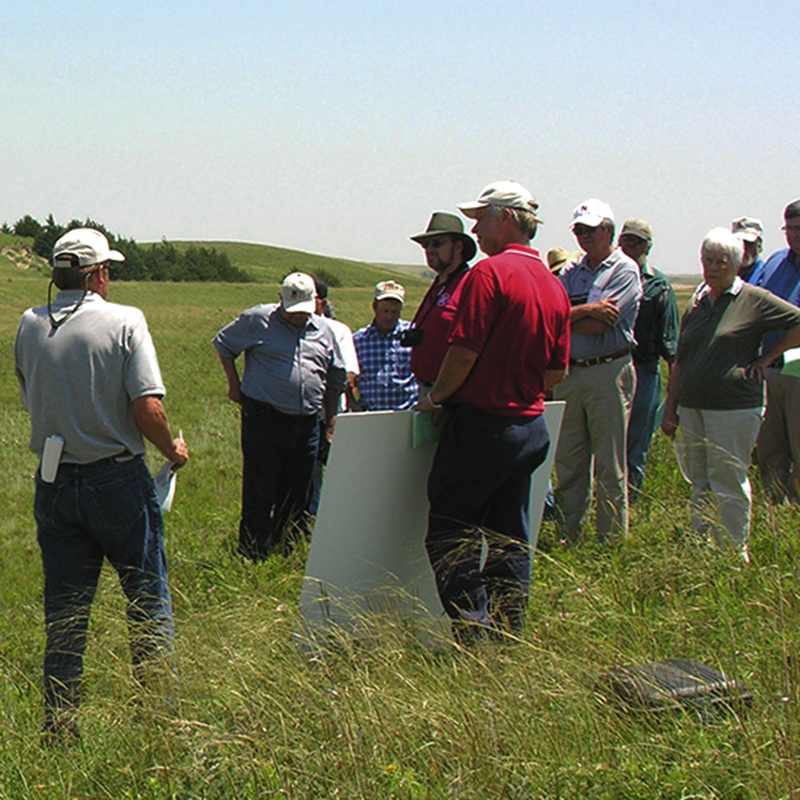
Educational Resources
Resilience has become a widely-used catch phrase, with competing and even contradictory definitions and usages. For more information on ecological resilience, as originally conceived of by Buzz Holling in 1973, and more recently applied to social-ecological systems, explore the resources found here.
Learn More